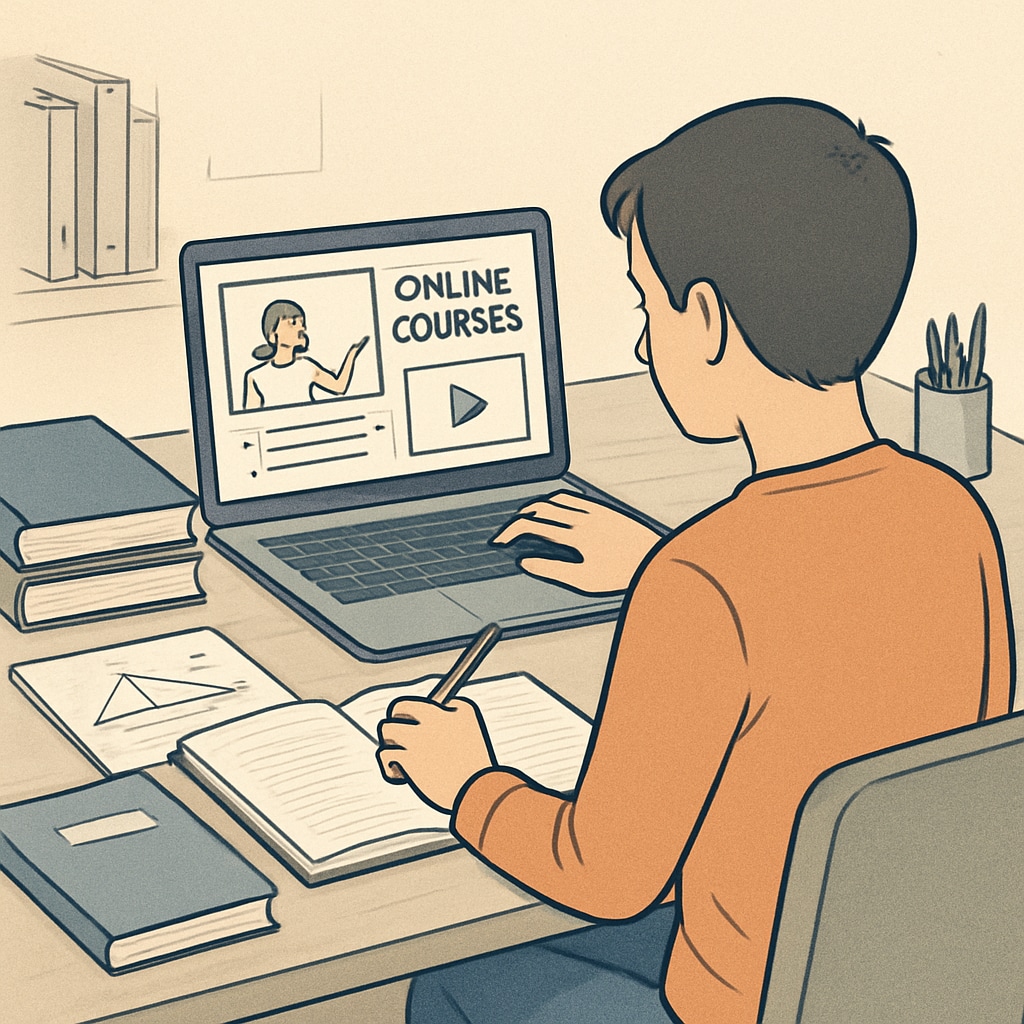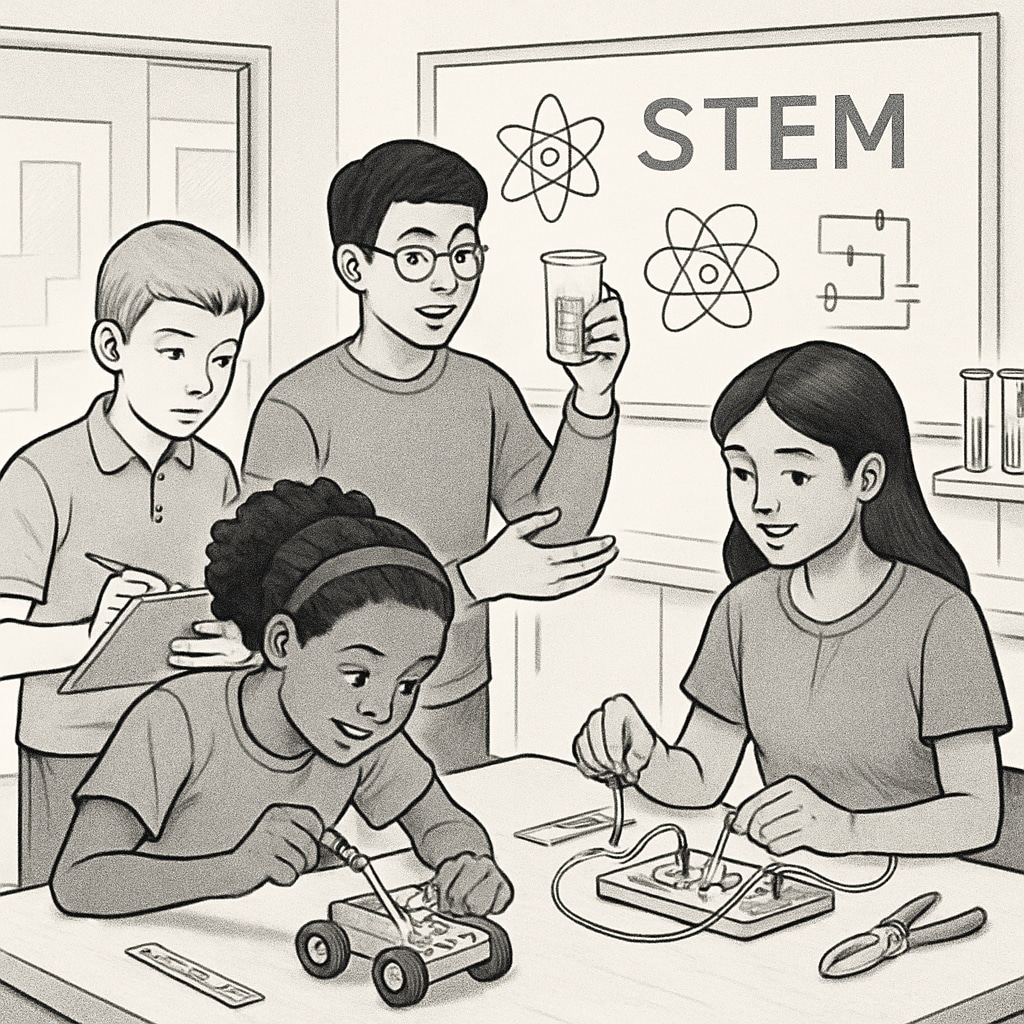As high school students approach their final years, finding effective education courses, off-campus learning, resources can be transformative for academic success and personal growth. Expanding beyond the classroom allows students to explore diverse interests, gain practical skills, and prepare for future challenges. This guide examines various approaches to off-campus learning, including free and paid options, as well as online and offline resources.
Why Seek Off-Campus Learning Opportunities?
While traditional schooling provides a solid foundation, off-campus learning adds depth to education by offering specialized courses and unique experiences not always available at school. For example, online platforms like Khan Academy provide free tutorials on topics ranging from mathematics to art history, while extracurricular workshops can develop critical thinking and collaboration skills. These resources can complement school studies, helping students balance academic performance with interests in areas like music, coding, or entrepreneurship.

Free Resources for Off-Campus Learning
Accessing quality education doesn’t always require a large budget. Many free resources are available for high school students:
- Coursera: Offers free courses from top universities, covering subjects like business, computer science, and psychology.
- edX: A platform with free academic courses from institutions like Harvard and MIT.
- Local libraries: Often provide free access to textbooks, educational seminars, and study groups.
By leveraging these tools, students can enhance their understanding of school subjects and explore new interests without financial constraints.
Paid Options for Advanced Learning
If students are looking for more structured or specialized learning, paid resources may be worth considering. Platforms such as Udemy and Skillshare offer affordable courses in areas like graphic design, photography, and coding. Additionally, private tutoring services can provide personalized instruction tailored to individual learning needs.
For offline opportunities, many cities host workshops or camps focused on STEM (science, technology, engineering, and mathematics) subjects, creative writing, or leadership development. These programs often provide hands-on experiences that are invaluable for building practical skills.

Balancing Academics and Personal Interests
One of the greatest benefits of off-campus learning is its flexibility. Students can choose courses or activities that fit their schedules and align with their passions. However, balancing academics with extracurricular pursuits requires careful planning:
- Create a study schedule that includes time for off-campus activities.
- Set clear goals for both academic success and personal growth.
- Regularly assess progress to ensure a balanced workload.
By prioritizing both school obligations and individual interests, students can maximize their potential during the critical high school years.
Final Thoughts
Exploring education courses, off-campus learning, resources empowers high school students to take control of their education and broaden their horizons. Whether through free online platforms, paid workshops, or hands-on experiences, the options are virtually limitless. By stepping beyond the classroom walls, students can develop valuable skills, discover new passions, and prepare for a brighter future.
Readability guidance: This article uses short paragraphs and lists to summarize key points. The content includes active voice and transitions to ensure clarity and engagement. Images are strategically placed for visual context.


